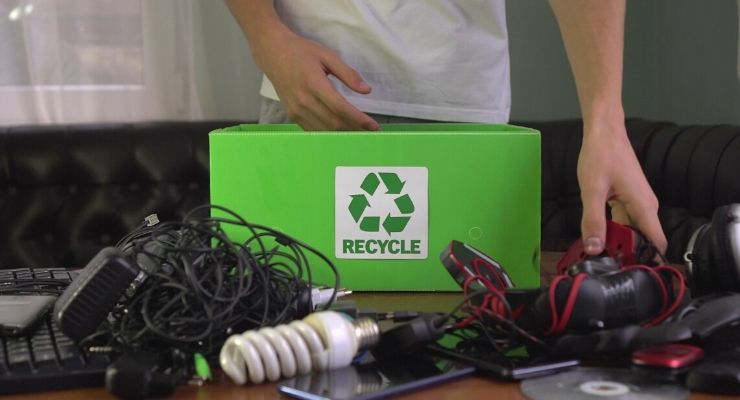
Many home and business owners are starting to be more conscious about their impact on the environment. As great as this is, many of us might still be making mistakes that do more harm than good without realizing it.
Find out the common mistakes people make when trying to be more sustainable and avoid them while making eco-friendly changes.
Forgetting To Unplug Electronics
A simple first step to take when trying to make more eco-friendly choices is turning out the lights when you’re not using them or putting them on timers. This helps reduce the amount of electricity you use at home or in the office. However, electronics and appliances still consume small amounts of energy while plugged in, even when they’re off. When you’re not using an electrical device, such as your lamp, TV, or even a kitchen appliance, unplug it before you leave the room to avoid wasting energy.
Tossing Your Lightbulbs
One of the best eco-friendly decisions you can make at home or in the office is to replace your old lightbulbs with new, energy-saving ones. However, be careful when making this switch. Many people don’t know that you shouldn’t throw lightbulbs into your trash.
Old lightbulbs like CFL bulbs are potentially hazardous because they contain a small amount of mercury and release toxic fumes when broken. These are dangerous when thrown away around your house, let alone when they end up in a landfill and impact the environment. It’s great to swap your old lightbulbs. But find a local recycling drop-off center that will collect the old ones first.
Using Old Appliances
Using old appliances for too long past their lifespan is not only bad for your energy bills but harmful to the environment as well. Old appliances may not optimally use energy, meaning they draw more power than newer models to run.
Holding onto your appliances and electronics for as long as possible is beneficial for keeping them out of landfills. However, there are also responsible ways to recycle old electronics so that you can upgrade them and save energy.
Now that you know the most common mistakes people make when trying to be more sustainable, you can avoid these errors in your home or workplace.




